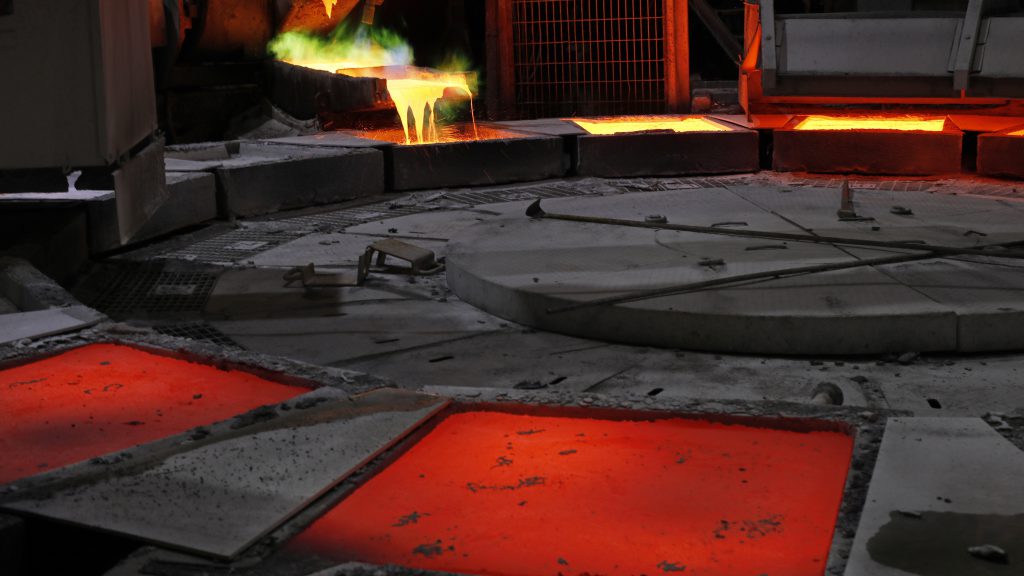Higher copper treatment charges needed to ensure copper supply – smelters

Smelter executives on Thursday called on miners to pay higher treatment and refining charges (TC/RCs) to incentivize them to expand capacity and ensure long-term copper supply to the market.
Copper demand from the renewable energy and electric vehicles sectors is expected to rise sharply amid the global energy transition, potentially creating a shortage of copper towards the end of the decade.
“We are faced with significant cost increases. It would be good to have some incentive from the mining side to increase capacity and invest in our primary smelting sites,” said Roland Harings, chief executive officer at Europe’s biggest copper smelter Aurubis.
“We have to join forces because we all said the world requires more metals,” he told delegates at the CRU World Copper Conference Asia in Singapore.
Miners pay TC/RCs to smelters to process copper concentrate into refined metal, offsetting the cost of the ore. TC/RCs rise when more supply is available and smelters can demand better terms on feedstock.
Analysts expect the copper concentrate market to be in a surplus in 2023 as mine supply growth surpasses smelting capacity expansion, leading to higher annual TC/RCs next year. But the surplus is only expected to last into 2024 before returning to a deficit from 2025, they said.
Meanwhile, current inventories of refined copper – made by smelters by processing copper concentrate bought from miners – are low.
“Smelting capacity (is) lesser than mining capacity as of now. We are all in agreement that TC/RCs are going to be higher,” said Vinay Prakash, director of Adani Enterprises and chief executive of Adani Natural Resources.
The Indian firm has a 1-million-tonne copper-per-annum smelting and refining project in India. Construction for the first 500,000 tonnes of capacity has begun and the project is expected to start operating in 2024.
“If TC/RCs are going to be good, we’d be happy to have the second phase declared and commissioned as quickly as possible,” Prakash said.
Miners and smelters are working together to transform natural resources into copper products, thereby helping the world’s new energy transition, said Xu Yulong, deputy general manager at China Copper International Trading Group.
“Miner and smelters will face challenges together,” Xu said.
(By Emily Chow and Mai Nguyen; Editing by Ana Nicolaci da Costa)
{{ commodity.name }}
{{ post.title }}
{{ post.date }}




Comments